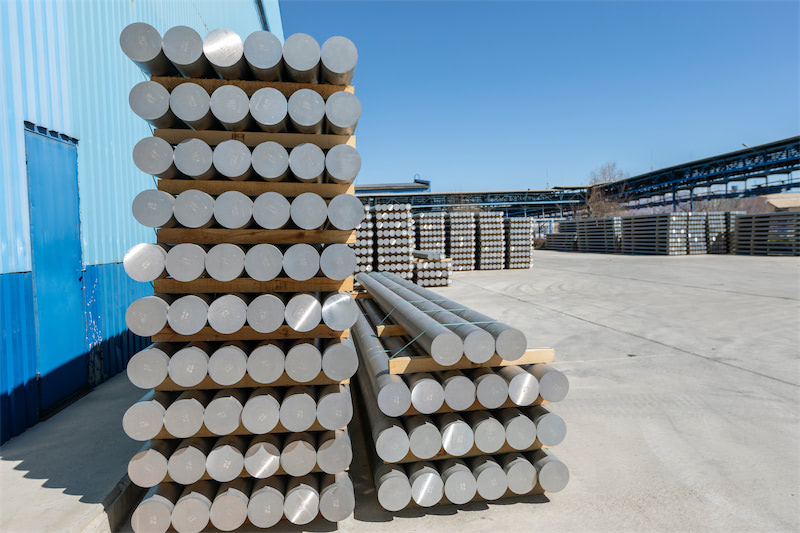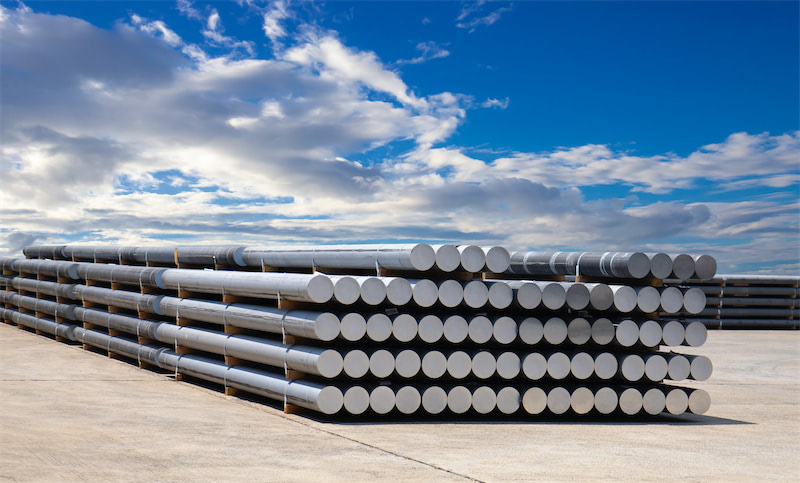SHANGHAI, Jun 24 (SMM) – Limited distribution channels and greater risks of market volatility are expected to deter importers from bringing seaborne secondary aluminium alloy ADC12 into China, even as a price spread between the domestic and international markets created arbitrage opportunities.
Prices of aluminium scrap overseas slipped as the Chinese government’s restrictions on imports of Category-6 wastes, effective from July, are expected to lower Chinese demand for seaborne aluminium scrap. This is theoretically expected to lower the ratio of secondary aluminium overseas prices to domestic prices, and raise the possibility of imports of such materials into China.
Importers, however, face challenges in discharging their cargoes, as uncertainty over the quality and origin will keep domestic downstream consumers from buying such secondary aluminium alloy ADC12.
Imported ADC12 is likely to be priced lower than the lowest price of domestic materials, which will erode the profit margins.
Volatile exchange rate amid a trade dispute between the US and China as well as the longer delivery period compared to domestic cargoes grow the risks from market volatility, and weaken the appeal of imported ADC12.
Domestic ADC12 also has an advantage against seaborne materials in terms of payment, as domestic ADC12 sellers allow a certain period of payment, while importers require payment in cash.
Another headwind against imports of ADC12 is the continued weakness in China’s auto market, the biggest consumer of secondary aluminium.



